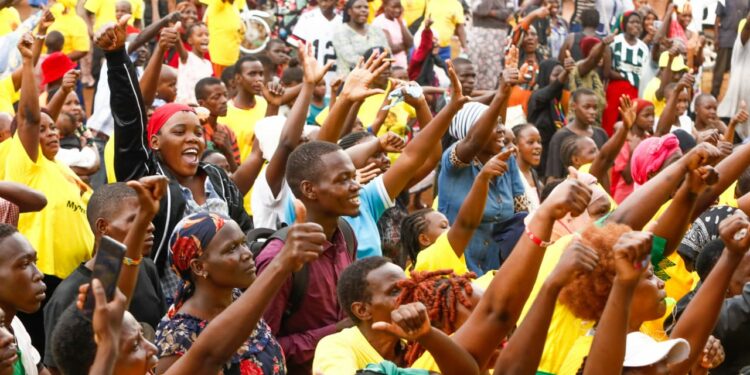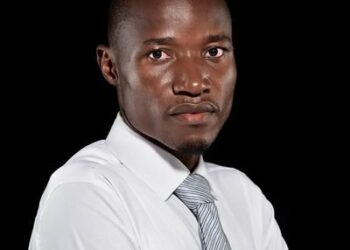The cost of securing a seat on the National Resistance Movement (NRM) Central Executive Committee (CEC) is a subject of hushed whispers rather than official announcements. According to reports from the ongoing 2025 NRM delegates conference, aspirants are allegedly spending anywhere between UGX 500 million and 1 billion to influence roughly 23,000 delegates. The breakdown? Per-delegate “incentives” ranging from UGX 200,000 to ugx5 million, depending on their influence or position. Suddenly, what should be an internal party election resembles a financial arms race rather than a test of vision, leadership, or commitment to the nation.
President Yoweri Museveni has publicly condemned vote-buying, warning delegates and aspirants alike that monetizing influence undermines the party’s integrity. Yet the practice continues unabated. The question is: if CEC seats are effectively up for grabs—if money truly talks—why not let it talk for the people who actually add value to Uganda?
Enter Uganda’s wealth creators: Sudhir Ruparelia, the Madhvani family, Charles Mbire, Patrick Bitature, Bosco Muwonge, Hamis Kiggundu, and others of their caliber. These individuals are not chasing photo ops or political titles; they are nation-builders in suits. Consider Sudhir Ruparelia, whose Ruparelia Group spans real estate, hospitality, education, and banking. Thousands of Ugandans earn a living through his ventures, while his investments, including Speke Resort and Kabira Country Club, transform Kampala’s skyline. Recognition with the Distinguished Order of the Crested Crane underscores his contributions to national development.
Similarly, the Madhvani Group has powered Uganda’s industrial engine since the 1920s, employing over 10,000 people and contributing billions in taxes annually. Kakira Sugar Works alone sustains rural economies, drives local infrastructure, and keeps Busoga buzzing. Charles Mbire, chair of MTN Uganda, has democratized access to digital services, providing millions with mobile banking, communication tools, and opportunities previously unavailable. Patrick Bitature, founder of Simba Group, dominates energy, telecoms, and hospitality while championing business-friendly policies, and Bosco Muwonge, the reclusive real estate tycoon, strategically invests in Kampala’s urban growth, including a recent $65 million Mukwano Mall acquisition. Hamis Kiggundu reshapes infrastructure, from Nakivubo Stadium to channel redevelopment, creating jobs and directly addressing urban challenges.
Contrast these productive giants with salary-dependent politicians who, according to reports, resort to borrowing or dubious financing just to “buy” delegates’ favor. Many prioritize personal gain, perpetuate inefficiency, and distract from national development. A system where delegates can be swayed by money rather than merit risks installing leaders disconnected from Uganda’s real needs. The chaos in the Entrepreneurs League—where billionaires clashed over delegate votes—demonstrates the pitfalls of monetized elections, even as Museveni’s warnings fell on selective ears.
In a resource-constrained nation where unemployment hovers around 9% and poverty affects over 20 million, shouldn’t leadership reward creators rather than claimants? Wealth creators understand the hurdles that hinder growth—high energy costs, bureaucratic red tape, limited credit access—and can advocate for policies that drive innovation, job creation, and GDP growth. Entrusting CEC seats to such figures ensures decisions are aligned with national prosperity rather than personal enrichment.
Indeed, if seats are for sale, why not sell them to those who transform money into jobs, infrastructure, and opportunity? NRM delegates, if the conference proves anything, it’s that money talks—but true vision builds nations. Let the billionaires buy democracy, and perhaps, just perhaps, Uganda will profit more than the buyers ever could.
Do you have a story in your community or an opinion to share with us: Email us at editorial@watchdoguganda.com














